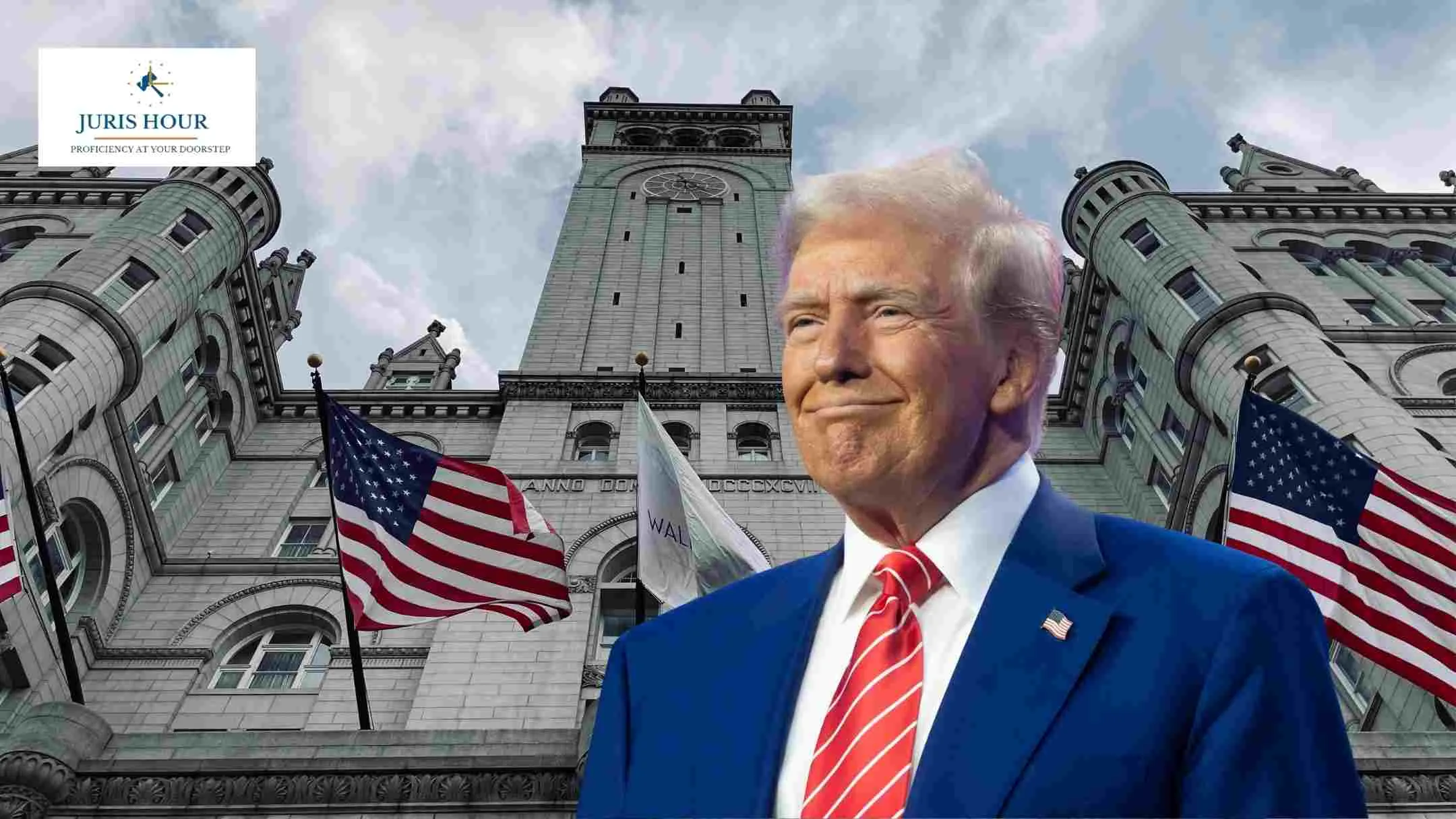As the United States officially imposes a steep 25% tariff and penalties on Indian imports starting today, a Moneycontrol analysis reveals that a significant portion of India’s trade with the US is already protected, while Free Trade Agreements (FTAs) with key allies like the UK, UAE, and Australia offer critical fallback options to mitigate the impact.
In 2024, India exported goods worth over $80 billion to the US. However, nearly 30% of these exports fall under categories likely to be spared from the new tariff regime. These include sectors granted exemptions under US policies—such as smartphones and pharmaceuticals—and exports of industrial metals like aluminium, steel, and copper, which are expected to enjoy tariff parity.
Additionally, India holds a dominant position in several product categories where substitution by American buyers is not easily feasible. For instance, in goods valued at around $5 billion, India commands over 60% of the US import market, offering a natural buffer against sudden trade disruptions.
Vulnerable Trade, but with Nuanced Risks
Roughly $50 billion of Indian exports to the US could theoretically be affected by the new tariff measures. However, the actual threat is more complex. Once $10 billion worth of exports—where the US is the primary global importer—are excluded, the remaining trade shows strong potential for redirection to new markets.
India’s FTAs with the UK, UAE, and Australia have opened up strategic pathways to reroute exports in case of prolonged trade pressure from Washington. These partners present ample capacity to absorb a meaningful share of the potentially affected exports.
FTAs Offer Relief Valve for Targeted Sectors
A closer look at trade data shows promising alternatives. For example, India exported $495 million worth of knitted T-shirts to the US in 2024. Meanwhile, the UK imported $767 million worth of similar T-shirts from other countries—indicating strong absorption potential. The US currently accounts for nearly 30% of India’s global T-shirt exports.
In the technology sector, particularly routers, modems, and switches, where the US makes up only 19% of India’s $172 million export volume, other FTA partners offer considerable room. Australia and the UAE imported $2.7 billion and $2.5 billion worth of such products, respectively, from other suppliers in 2024.
Collectively, India’s FTA allies show capacity to absorb billions worth of Indian exports that could be impacted by the US tariffs. In several product categories, the UK alone demonstrates higher import volumes than India’s current exports to the US—indicating that trade realignment is not only feasible but strategically beneficial.
Strategic Diversification in Play
With protection already in place for nearly one-third of US-bound exports and promising redirection avenues for much of the rest, India appears poised to soften the blow from the US tariff hike. While the coming months will test the resilience of Indian exporters, the diversification of trade routes and the strategic deployment of FTAs may help India weather this geopolitical headwind.
Read More: CBDT Elevates Three Senior IRS Officers to Apex Grade of Principal Chief Commissioner of Income Tax


